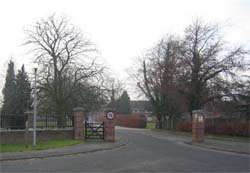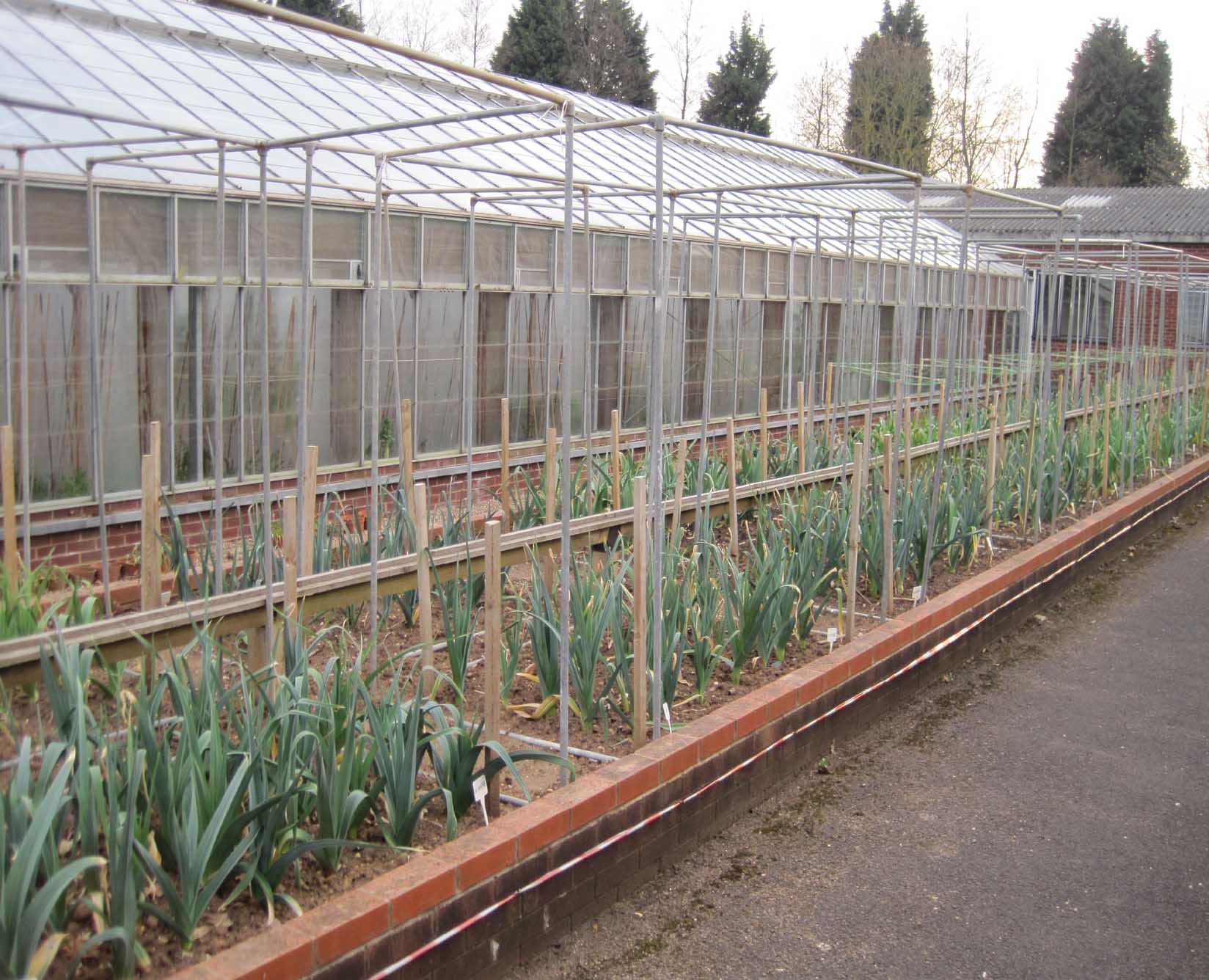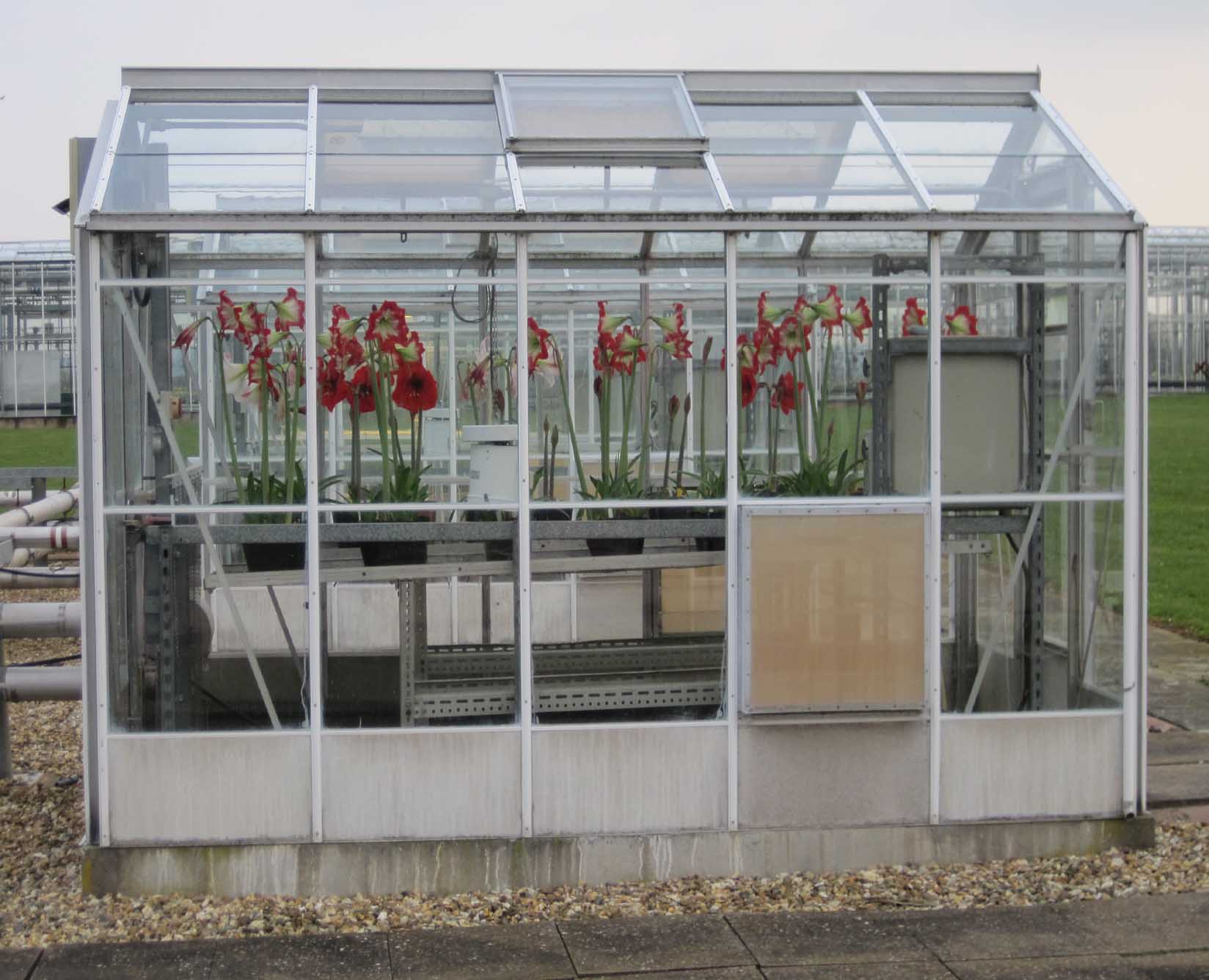|
What's Going On @ Wellesbourne?
****JavaScript based drop down DHTML menu generated by NavStudio. (OpenCube Inc. - http://www.opencube.com)****
|
 |
|
Google Group for Staff & Scientists @ Wellesbourne
This page is aimed to help save the Warwick (HRI) Research station. I (Charlie Clutterbuck) can make alterations easily |
Eighties The rot started in the late 1980's when the Thatcher government was looking for savings anywhere in public spending, and encouraging private entreprise. The Agricultural and Food Research Council (AFRC, previously ARC) closed research sites including the Letcombe Laboratory (1985) and the Weed Research Organisation (1986) and their staff and programmes were moved to Long Ashton. With Rothamsted it became part of the Institute of Arable Crops Research (IACR) in 1986. Although the new Treharne Library and Fryer Laboratory were built in 1987, as a junior partner in IACR, Long Ashton was now vulnerable in the event of further restructuring, and was closed in 2003. The MAFF Report - Barnes Review unpublished, (has anybody got a copy - it seems to have vanished? CC ed) identified areas to chop funding. The Barnes Review of 1988 identified the "near-market" part of the research effort saying that the industry should pick up that up, and public money should only go to "pure research". Jack Straw described it as "the celebrated, if not notorious, review". As most of us were trained to link research with practice, this was a kick in the teeth. Britain scythes farm research (New Scientist). The same arguments echo today at Wellesbourne. The Thatcher government was obsessed with cutting the state, and the Barnes report was picked up and promoted throughout the land. The motto became: "Make the markets rule!" . Quite why Adam Smith's 'invisible hand' was - and is, superior to the collective wisdom of science was never really challenged. Amid all the other closures, little comcerm was given to agricultural science. It began the demise of ADAS - the Agricultural Development and Advisory Service that had 6000 staff who went round farms disemminating any new useful research carried out by the comprehensive collection of research stations, that covered subject areas, such as fruit, vegetable, glasshouse, grassland, ecology, hops and plant breeding. ADAS now has 600 staff who provide free information commercially. The Plant Breeding Institute at Cambridge was sold to Unilever.
Since the late eighties when the decision was made to not bother about home food production relying more on cheaper food from abroad., thinking has continued in the same vein, despite changes in government. This has lead to the removal of public funds from 14-15 research stations, so that most are now closed or depend on private, often short term funding. There is now virtually no public fruit research (some Raspberry research in Scotland and some strawberry research at East Malling). But no top fruit. New Zealand now have the fruit stocks that were at East Malling Research Station. My old agricultural college, Wye College, London University has closed for teaching, and there are serious concerns whether we have enough soil scientists according to RASE. |



